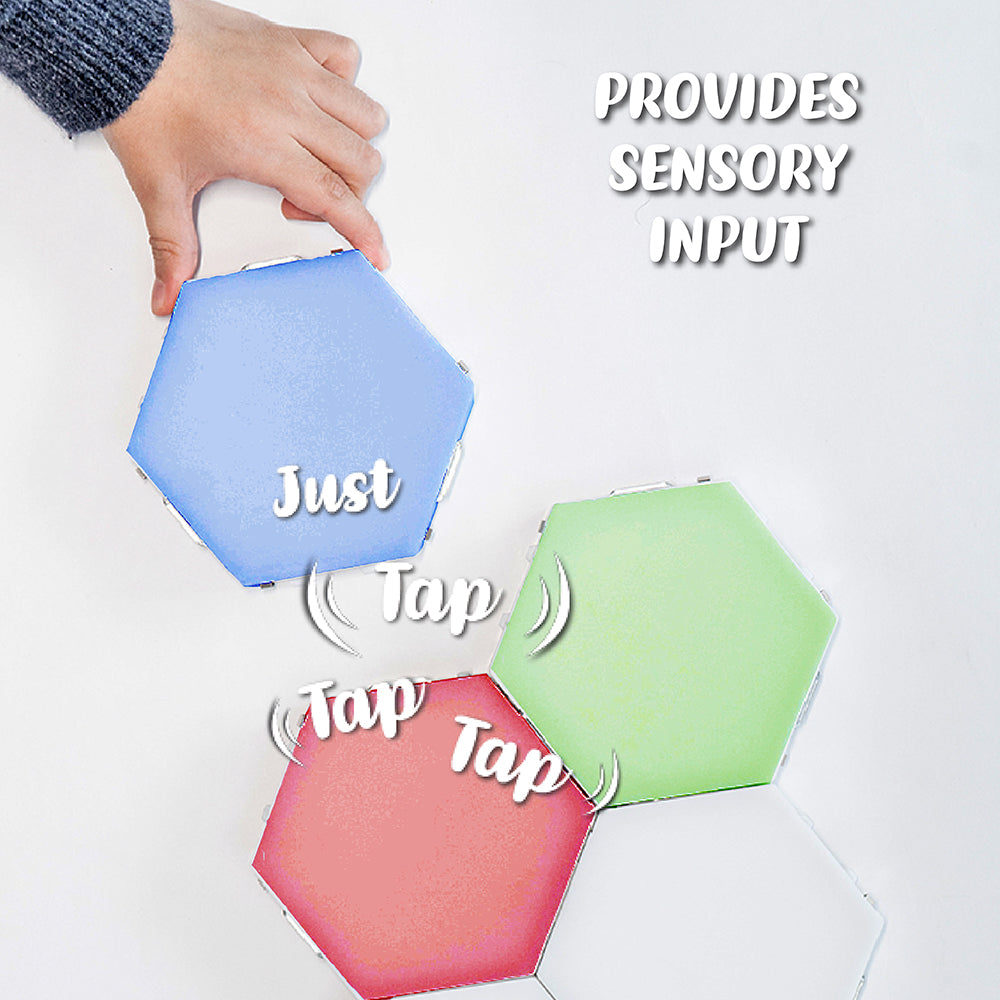
In a world where screens often replace face-to-face interactions, the concept of friendship has undergone a significant transformation. As we navigate the digital age, the ways in which we form and maintain friendships have evolved, presenting both opportunities and challenges. The rise of online communities and social media platforms has redefined our sense of connection, making it easier to stay in touch with distant friends while also introducing new forms of loneliness. For families with autism, meaningful social interactions are crucial yet often challenging. Playgroups, interest clubs, and peer support networks offer invaluable opportunities for children and parents alike to connect, share experiences, and build lasting friendships. But how do these traditional forms of social interaction fit into our increasingly digital lives?
The Evolution of Friendship
Playgroups have long been a staple in early childhood development, providing a safe and structured environment for children to interact, learn, and grow. These groups are particularly beneficial for children with autism, offering a space where they can develop social skills and build friendships in a supportive setting. Parents also benefit from the opportunity to connect with others who understand their unique challenges and triumphs.
In the digital age, playgroups have adapted by incorporating technology to enhance these interactions. Virtual playdates and online support groups have emerged as valuable resources, allowing families to connect even when physical meetups are not possible. These digital platforms offer a sense of community and belonging, bridging the gap between physical and virtual interactions.
Interest Clubs: Connecting Through Shared Passions
Interest clubs provide a fantastic way for individuals to connect over shared passions and hobbies. Whether it's a book club, a gaming group, or a special interest group for children with autism, these clubs foster a sense of belonging and community. They offer a platform for individuals to share their interests, learn from one another, and build meaningful friendships.
Technology has played a pivotal role in the evolution of interest clubs. Online forums, social media groups, and virtual meetups have made it easier than ever to find and connect with like-minded individuals. For children with autism, these digital spaces can be particularly welcoming, offering a level of comfort and accessibility that traditional settings may not always provide.
Peer Support: The Power of Shared Experiences
Peer support networks are a lifeline for many families navigating the challenges of autism. These networks provide a space where parents can share their experiences, offer advice, and find solace in knowing they are not alone. For children, peer support groups offer a chance to connect with others who understand their unique perspectives and challenges.
In the digital age, peer support has expanded beyond local communities to include global networks. Online support groups and forums offer a wealth of resources and connections, allowing families to tap into a broader community of support. These digital platforms can be a source of comfort and empowerment, providing a sense of connection and understanding that transcends geographical boundaries.

TAP-TAP Sensory Lights are a wonderful tool for creating a stimulating and enjoyable sensory room for kids. With a few simple taps, these lights can capture kids' attention and interest, providing visual stimuli that engage and delight.
The Impact of Social Media on Connection and Loneliness
Social media has revolutionized the way we connect with others, offering unprecedented opportunities for communication and interaction. For families with autism, social media can be a valuable tool for finding support, sharing experiences, and building a sense of community. However, it also presents challenges, including the potential for increased feelings of loneliness and isolation.
While social media allows us to stay connected with friends and family, it can also create a false sense of connection. The curated nature of social media can lead to comparisons and feelings of inadequacy, exacerbating feelings of loneliness. It's essential to balance online interactions with meaningful, face-to-face connections to maintain a healthy sense of well-being.
For children with autism, social media can be both a blessing and a curse. While it offers a platform for self-expression and connection, it can also be overwhelming and challenging to navigate. Parents and caregivers play a crucial role in guiding children through the complexities of social media, helping them build positive and healthy online relationships.
Creating a Balanced Approach to Friendship
As we navigate the digital age, it's essential to strike a balance between online and offline interactions. Playgroups, interest clubs, and peer support networks offer valuable opportunities for meaningful social interactions, while technology can enhance and expand these connections. By embracing both traditional and digital forms of interaction, we can create a well-rounded and supportive environment for building and maintaining friendships.
For families with autism, this balanced approach is particularly important. Playgroups and interest clubs provide structured and supportive environments for social development, while online communities offer additional resources and connections. Peer support networks, both online and offline, provide a vital source of comfort and understanding, helping families navigate the unique challenges of autism.
Embracing the Power of Friendship
The power of friendship lies in its ability to provide connection, support, and a sense of belonging. In the digital age, we have more tools than ever to facilitate meaningful social interactions, whether through playgroups, interest clubs, or peer support networks. By embracing both traditional and digital forms of interaction, we can create a rich tapestry of connections that enrich our lives and the lives of our children.
As we continue to navigate the complexities of the digital age, it's essential to remember the importance of meaningful, face-to-face interactions. While technology offers valuable tools for connection, it cannot replace the warmth and depth of in-person friendships. By fostering a balanced approach to friendship, we can ensure that our children grow up with the social skills and support networks they need to thrive.
For more resources and support, visit our Bright Autism Blog and explore our products designed to support families with autism.










Leave a comment